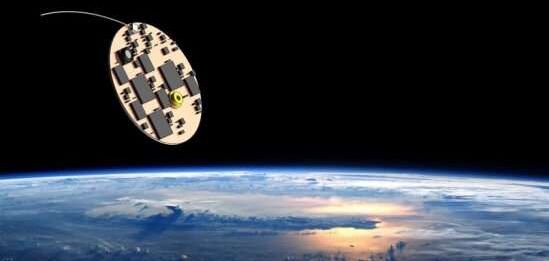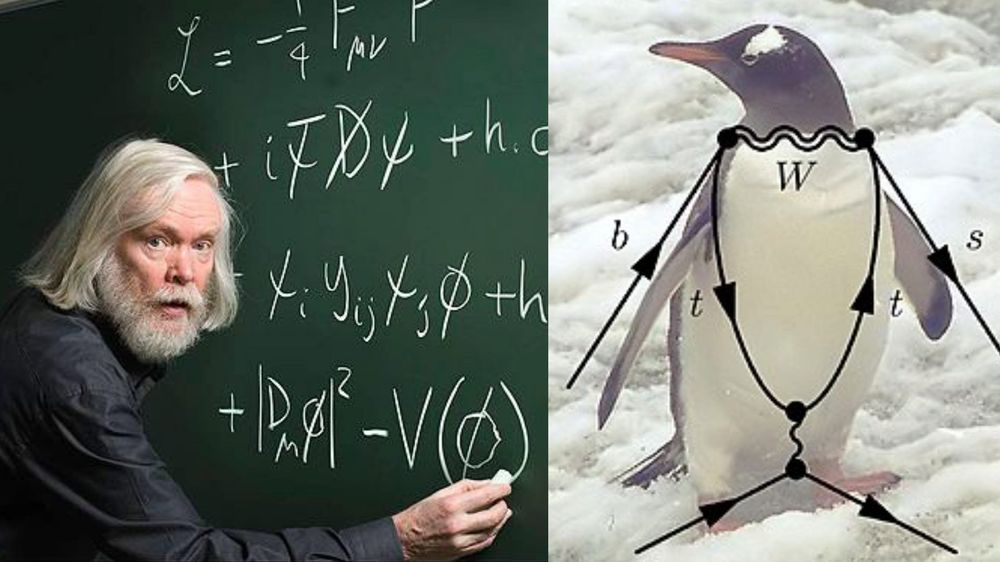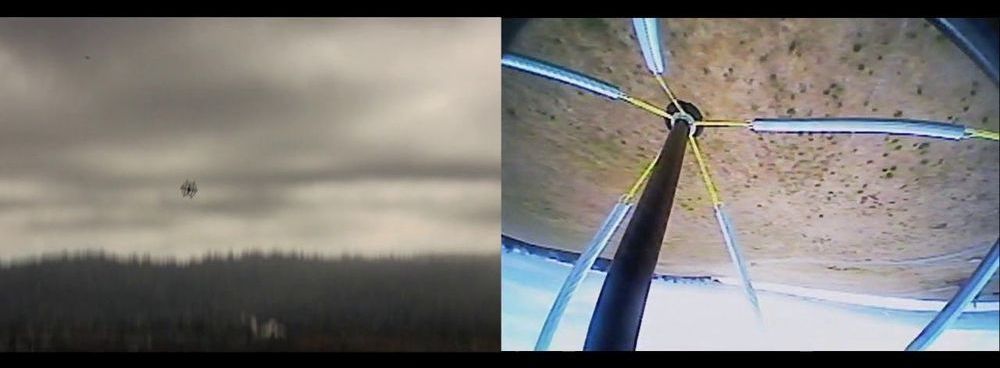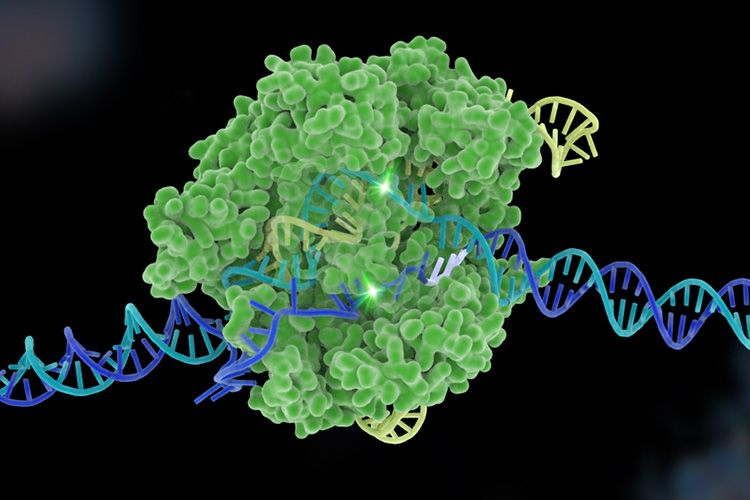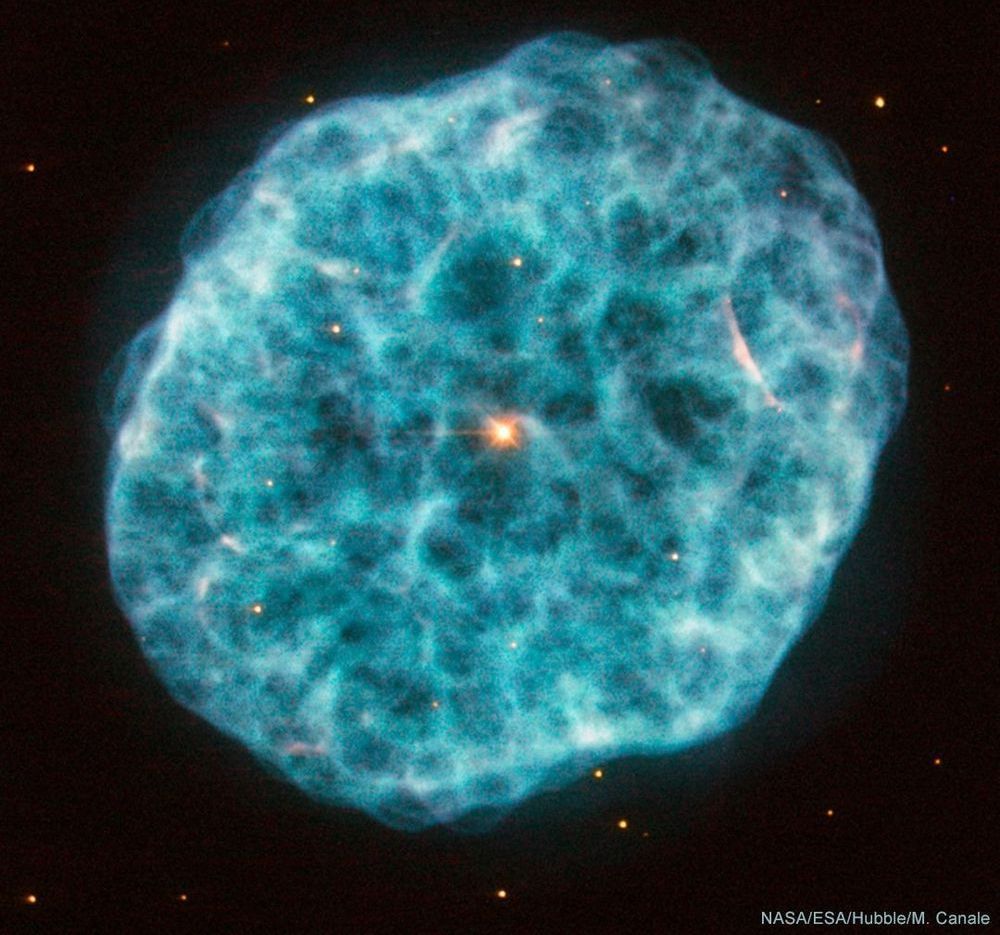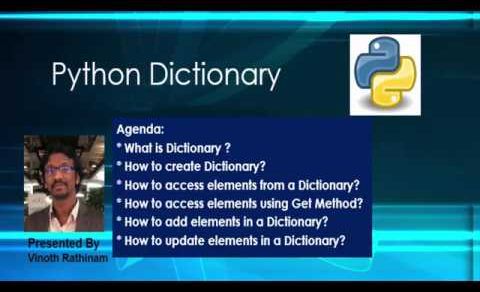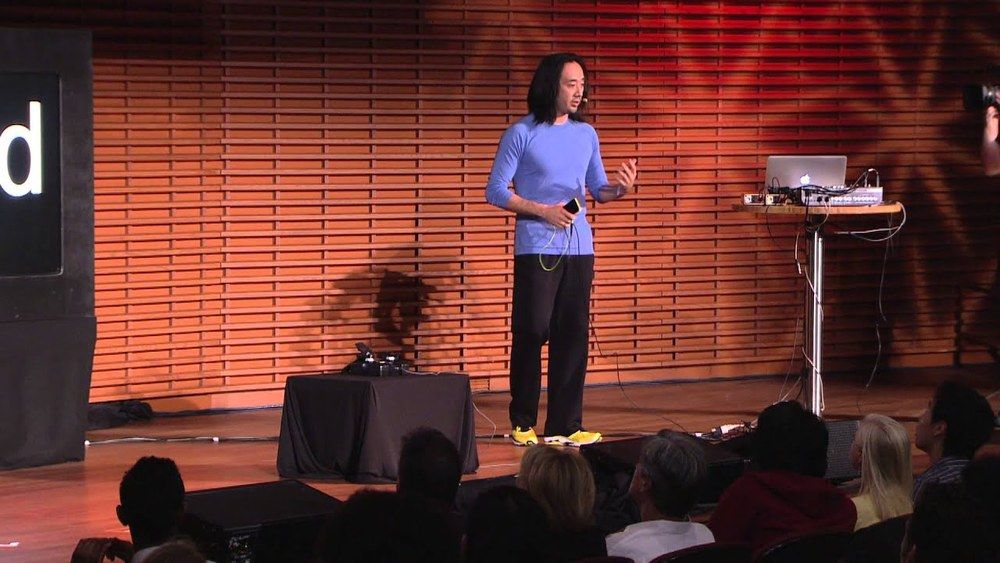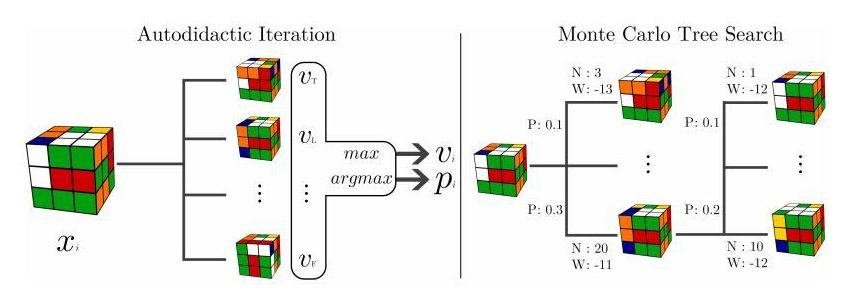May 8, 2019
Experimental cosmologist group launches its first iterations of space-traveling ‘wafercraft’
Posted by Klaus Baldauf in category: space travel
These are the adventures of the “StarChip Wafersize.”
UC Santa Barbara students sent up, via balloon, a prototype miniature spacecraft that might eventually become the “wafercraft” that researchers posit could be propelled by lasers to achieve space travel at relativistic speeds to reach nearby star systems and exoplanets.
So begins a journey, funded by NASA and several private foundations, that may one day lead to interstellar travel.
